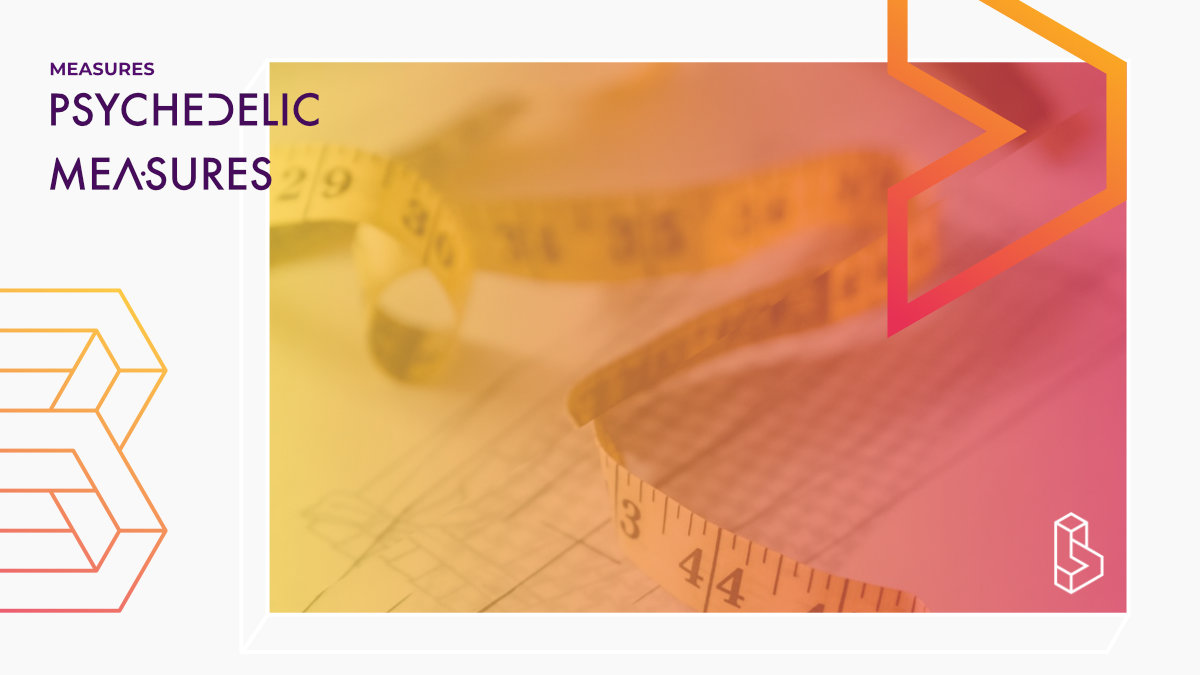The Structured Clinical Interview for DSM-5 (SCID) is a semi-structured interview guide for making the major DSM-5 diagnoses, administered by a clinician. The interview consists of separate modules relevant to particular disorders which allows the interview to be tailored for a specific condition, providing good reliability overall.
Active? Yes
First used: 01 January 1970
Related Topic
BorderlineBorderline personality disorder research with psychedelics shows promise, with ketamine, MDMA, and psilocybin targeting emotional dysregulation
Schizophrenia
Schizophrenia and psychedelics have a long and intertwined history. First psychiatrists took LSD to better understand their patients as they believed that the acute LSD experience mirrored that of their patients. This perspective, of psychedelics as so-called psycho-mimetics persisted for a long time in academia and in the common understanding. Little research has been done on how psychedelics can help those with schizophrenia.
Treatment-Resistant Depression
About 30% or one in three of those suffering from depression are dealing with so-called treatment-resistant depression (TRD). The name refers to that these patients have tried at least two treatment options, without success. Psychedelics may offer hope to those suffering from TRD.
Anxiety
Anxiety impacts 300 million people. Psychedelics show promise in alleviating symptoms of anxiety. Studies over the last 20 years with LSD, MDMA, ketamine and more psychedelics are paving the way towards psychedelic-assisted therapy for anxiety.
Addiction
There is estimated to be over 150 million people living with some form of substance use disorders worldwide. Thankfully, clinical trials are taking place all over the world using psychedelics like psilocybin, MDMA, ayahuasca, ketamine and ibogaine to treat these disorders and are producing positive results.
Autism
Autism spectrum disorders are believed to affect 1 in 160 children globally. At present, there are no FDA-approved treatments for autistic adults. There has been little research to date regarding the use of psychedelics to treat autism spectrum disorders, however, one trial using MDMA yielded promising results.
Bipolar Disorder
There is estimated to be 45 million people living with some form of bipolar disorder across the globe. No trials have taken place using psychedelics to treat bipolar disorders as researchers are unsure if psychedelics may induce a manic episode in participants.
PTSD
PTSD is generally grouped alongside anxiety disorders given the similar symptomology that is experienced. There is estimated to be over 300 million people living with PTSD globally. MDMA holds significant promise for treating PTSD and is in Phase III of the clinical trial process,
Eating Disorders
The two most common eating disorders are anorexia nervosa and bulimia nervosa, affecting roughly 16 million people globally. Current medications have limited success in treating people with these disorders. Research with psychedelics including MDMA and psilocybin to treat these disorders is underway.

